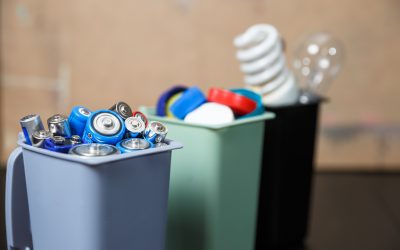One of the challenges for any small business involved in processing or production that produces wastewater is in finding a cost-effective way to treat the wastewater for disposal into sewer systems. Unfortunately, wastewater produced in microbreweries, wineries, distilleries, and in many types of commercial processing systems for all types of products is not safe for immediate disposal.
Large companies can invest in customized wastewater treatment facilities. These can include complete treatment systems that us lagoons, water treatment systems, and a range of other types of costly technology. Small businesses cannot afford those types of advanced wastewater treatment options, but they opt for highly effective, very reasonably priced biosolids dewatering systems.
What Are Biosolids?
Biosolids are materials that are suspended in wastewater and removed. This forms a slurry or a thick, sludge-like material that can be further treated and used for composting, agricultural uses, or for backfilling of the ground.
The sludge that cannot be treated and used in this way is not technical biosolids. This type of sludge is disposed of in specialized disposal sites, but the key factor is that it does not make its way into the sewer system or into the environment through the use of specialized biosolids dewatering tanks.
The Dewatering Process
The dewatering process is easy to understand. The wastewater is pumped from the facility into a large roll-off tank. This tank contains different types of media that attract the suspended solids in the water and pull it down, allowing the treated water to drain off and into the sewer.
The sludge or biosolids are held in the bottom of the tank. Once the sludge reaches a specific level the biosolids dewatering tanks are emptied. Small businesses can rent these tanks or buy the systems, which provides an environmentally safe, cost-effective, and fully contained way to process wastewater on their property.



